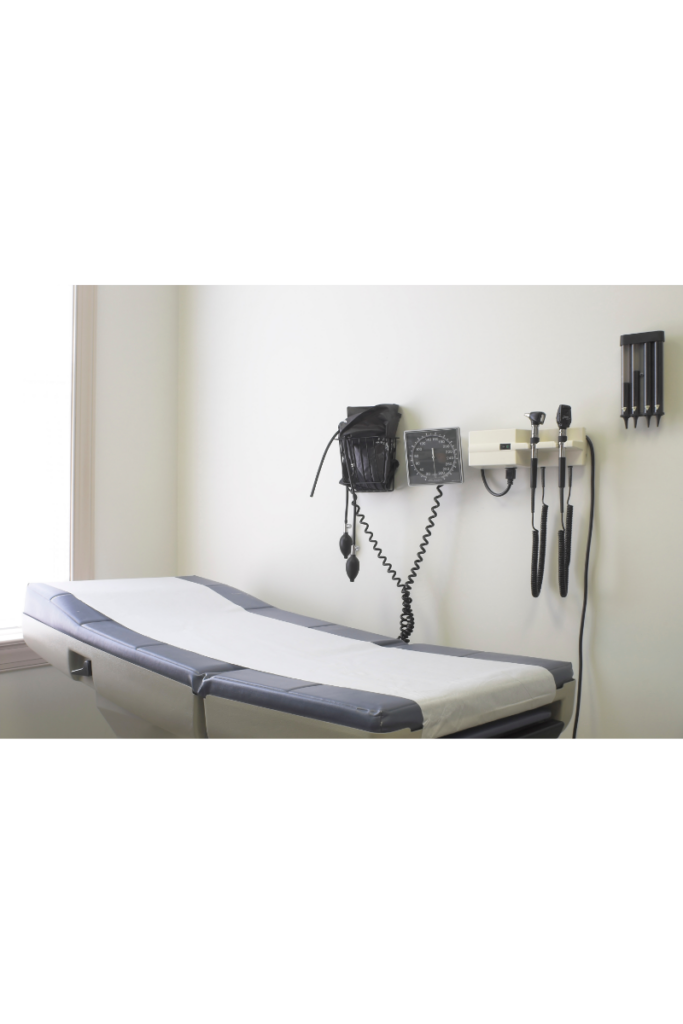Follow Us

Explore what Direct Primary Care (DPC) is, and how it differs from the traditional primary care model.

We are passionate about good medicine, high standards of care, and doing what is best for the patient.
Official info:
- LeRoy, New York
14482, United States - (585) 815-4007
- Monday to Friday
- 9:00 AM to 5:00 PM
Footer
Official info:
- (585) 815-4007
- LeRoy, New York
14482, United States - Monday to Friday
9:00 AM to 5:00 PM





